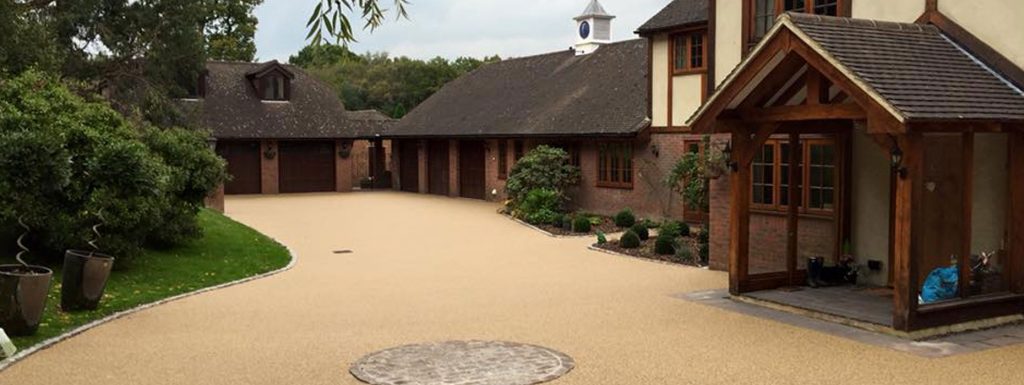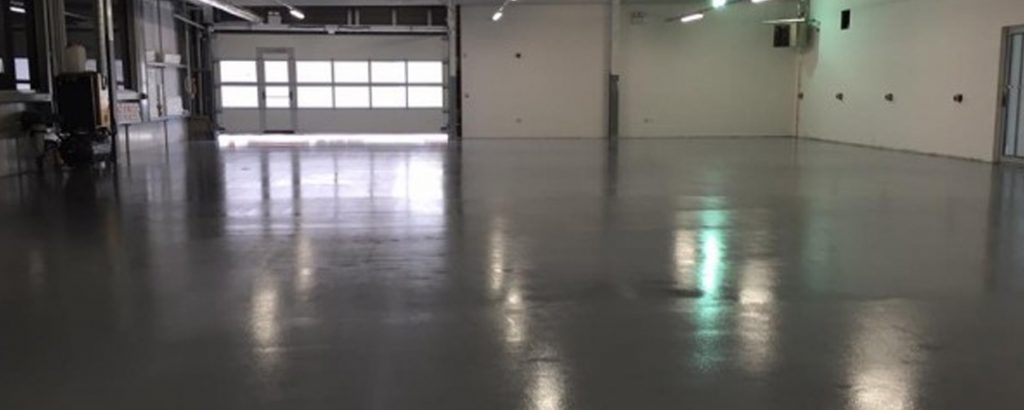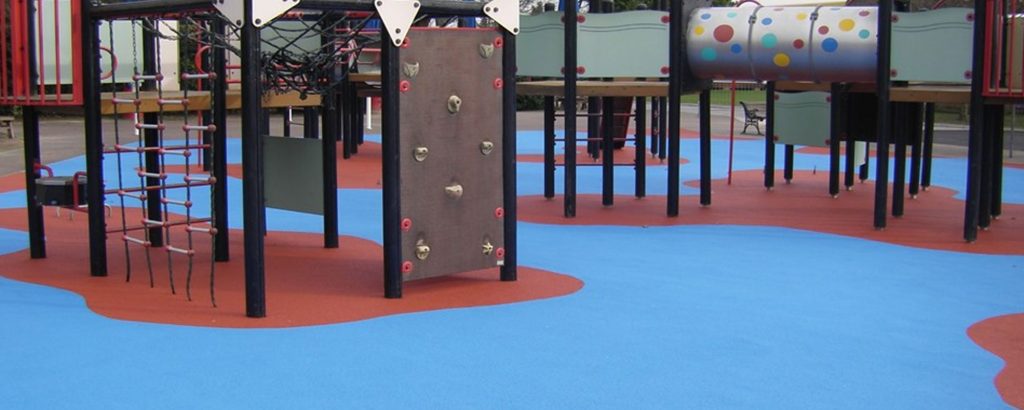Are resin driveways porous? The answer is – some are! Resin bound driveways have a porous surface meaning water is able to soak through the surface to the base material, however, a resin bonded surface will not allow water flow. Learn more about how permeable resin driveways can help your property mitigate storm water run off while retaining water for irrigation purposes.
Looking for a porous driveway quote?
Fill out our contact form with more details about your driveway and we'll get in touch with a more accurate, no-obligation resin drive cost.
How do permeable resin driveways work?
Permeable resin driveways work by allowing water to seep through the surface of the driveway, and into the substratum. Therefore any water will pass through the surface and back into the water table.
Permeable resin driveways are an affordable, sustainable and practical solution when it comes to urban drainage systems. In addition, they offer many benefits to cities that are looking at ways to make their infrastructure more environmentally friendly.
There are five types of permeable driveways, namely:
- Permeable asphalt
- Inert substrates such as clay tiles
- Geocells (a type of cellular PVC)
- Bitumen membranes get sprayed onto a bedding layer of gravel and stone aggregate. The membrane can be in a range of thicknesses and densities.
- Porous concrete pavements offer high levels of permeability, with water harvesting features built into the pavement structure.
Moreover, installations are quick and easy, without heavy machinery or excavating deep foundations, saving time and money. In addition, these inexpensive solutions provide many benefits, such as reduced run off which leads to decreased risk of flooding and lower rates of storm water pollution.
Why choose a permeable driveway?
Draining is important from a domestic stand point but permeable driveways help towards urban drainage initiatives. An urban drainage system is an infrastructure that helps to manage and control the flow of rainwater from an urban surface into nearby rivers, streams or the natural water table. Many cities worldwide look for ways to make their urban drainage systems more sustainable and permeable resin driveways offer a practical solution.
Advantages of permeable resin driveways
- Permeable resin driveways are aesthetically pleasing and represent a fresh new look for modern cities.
- Permeable resin driveways are slip-resistant.
- Permeable resin driveways are low maintenance, durable, and made to last.
- Permeable resin driveways can last up to 20 years, which means they save money in the long run.
- Permeable resin driveways are weed and frost-resistant, making them an excellent option for those living in harsh climates.
- Permeable resin driveways are UV stable, meaning they withstand the harmful effects of sunlight and last longer.
What are the legal implications of installing permeable resin driveways?
Permeable resin driveways are not a new technology, and there are plenty of acts and regulations that support and limit their use respectively. As a result, it’s essential to be aware of any rules or regulations in your area before deciding on this type of driveway.
Conclusion
With an increased focus on the environment and sustainability, permeable resin driveway solutions are becoming a key solution to urban drainage systems. There are benefits of these types of driveways in residential and commercial properties, however, there is still much work to do before they become commonplace throughout our cities. For more information, speak to one of our resin bound driveway advisors at Flexflooring.





